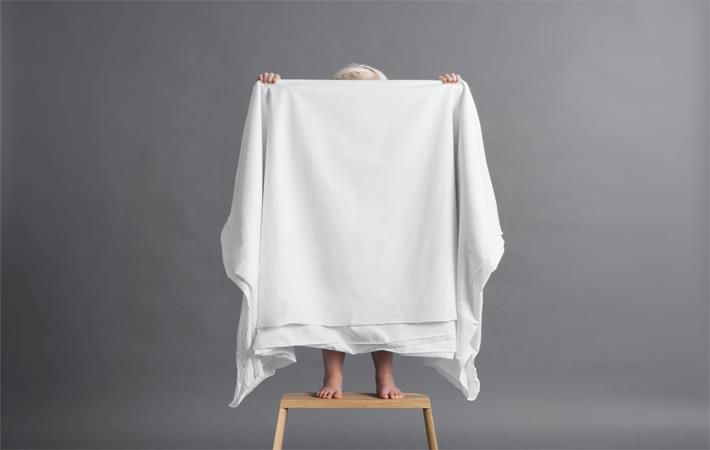Södra has found a way to convert large volumes of used cotton and blended fabrics into new clothing and textiles. The technique can separate cotton and polyester in polycotton blends, which are one of the most widely used textiles in the market. The pure cotton fibres are then added to the wood-derived textile pulp, which can be used to make new textiles.
One of the major obstacles to textile recycling is that the fabrics are often made from blended materials. At present, no one in the world can recycle fibres from blended fabrics on a large scale. Södra’s solution will enable circular flows in the fashion and textile industry.Södra has found a way to convert large volumes of used cotton and blended fabrics into new clothing and textiles. The technique can separate cotton and polyester in polycotton blends, which are one of the most widely used textiles in the market. The pure cotton fibres are then added to the wood-derived textile pulp, which can be used to make new textiles.#
"Only a negligible proportion of the global production of clothing and textiles is recycled today. Virtually everything is sent to landfill or incineration. But Swedish innovation and a willingness to help mitigate climate change can now influence the game at a global level," said Lars Idermark, president and CEO of Södra.
"We are now redrawing the map for the fashion and textile industry by offering circular flows of textile fibres. A sweater can now become a sweater again. This will create added value for our customers, and especially the fashion industry. It's a big day for us and an equally big day for the emerging circular bioeconomy," said Johannes Bogren, president of Södra Cell Bioproducts.
During the autumn, Södra's pulp mill at Mörrum produced pulp by adding 20 tonnes of used textiles. At present, Södra can only accept white textiles, but the aim is to also find a decolouring solution. The goal is also to investigate the possibility of extracting a stream of residual products from the polyester. Swedish laundry and textile service provider Berendsen delivered the test material used in the pilot project comprising end-of-life sheets, towels, tablecloths and bathrobes from hospitals and hotels.
"We will be able to accept viscose and lyocell in addition to polycotton blends. Due to the technological change in our processes, we will be needing large volumes of textiles. We are now seeking companies with high sustainability ambitions that would like to partner with us in the delivery of textiles," said Helena Claesson, project manager, Södra.
Production will commence at a low rate of 30 tonnes this year, but the long-term target is to add 25,000 tonnes of textiles to the company's pulp production.
Fibre2Fashion News Desk (SV)
